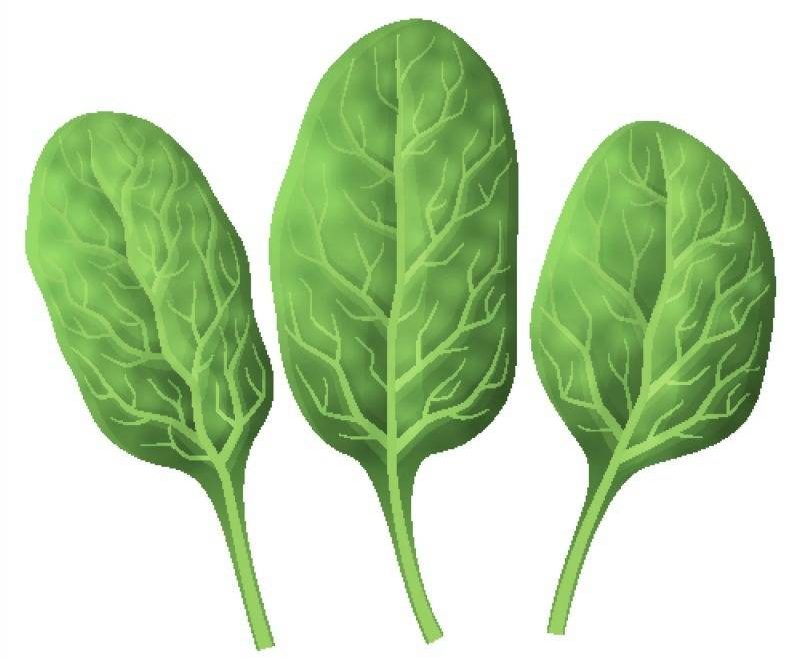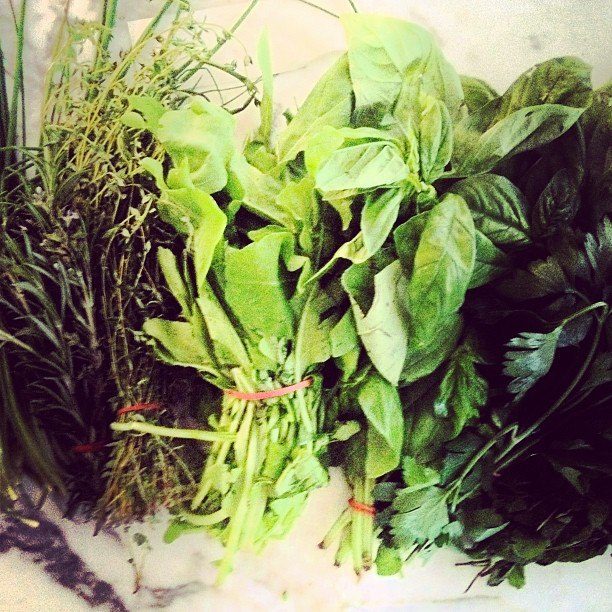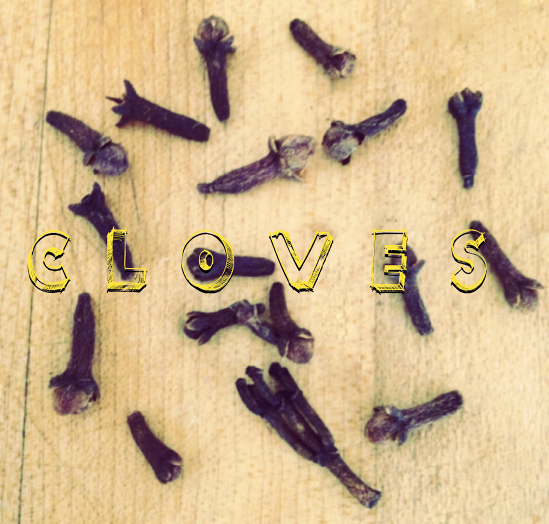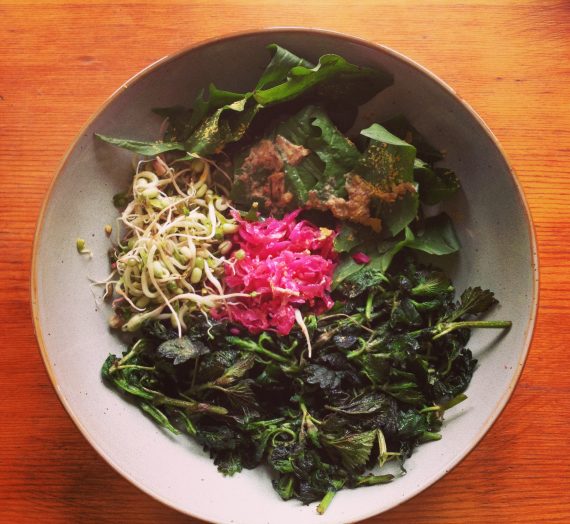These days it seems that everyone knows someone who suffers from imbalanced hormones. Conditions such as: PMS, irregular or no periods, polycystic ovarian syndrome (PCOS), endometriosis and infertility are so common these days, as is bloating, fluid retention, weight gain + period pain.
You can balance your hormones naturally through lifestyle changes and specific foods, nutrients and herbs. You can’t balance your hormones overnight but even small changes implemented over a long period of time will see your symptoms improve.
Avoid Caffeine
I have mixed views on your morning coffee. For some people, I think one good cup of organic coffee a couple of times a week is perfectly reasonable, whereas others need to avoid it completely. If you suffer from PMS, period pain or any hormonal imbalances then it is best to avoid coffee. In a nutshell, here’s why:
Caffeine raises cortisol levels as soon as it enters the body. The production of cortisol stimulates more cortisol to be produced. Cortisol basically stops fat burning and can pack fat onto your midsection. Cortisol competes with progesterone to latch on to the same receptor sites and surprise surprise, cortisol will always win! Progesterone is the hormone responsible for holding onto pregnancies (think pro – gestation) and we need a nice ratio of progesterone to oestrogen to help reduce those symptoms of PMS, endometriosis and painful periods among other imbalances.
Instead of your morning coffee try a dandelion, chai or a good old green tea. Even decaffeinated coffee can disrupt your hormones as apart from the caffeine, there are other alkaloids that can cause issues. If you do want to drink decaf, go for an organic brand that decaffeinates using water and not chemical solvents. Toby’s Estate does a great decaf blend. If you must have coffee, have one good cup a week. Sip it slowly and enjoy every second!
Eliminate Sugar
A high sugar diet contributes towards inflammation in the body. It can also cause those highly undesirable symptoms of PMS and worsen sugar cravings, deplete the immune system and leech important nutrients from your body, such as B vitamins – crucial for happy hormones, happy mood, happy weight balance and happy digestion.
Phytoestrogens
These are foods that contain natural estrogen-like substances and can have a significant hormone-balancing effect on a woman’s body. Some women can benefit from having 1-3 servings of phytoestrogens each day. These include lentils, chickpeas, peas, licorice root, flax seed meal, sesame and sunflower seeds, alfalfa, celery, citrus fruits, oats, mung beans, beansprouts, rye, hazelnuts, sage, fennel + parsley.
Look After Thy Gut
Many symptoms of female hormonal imbalances, such as anxiety, depression, fatigue, achy joints, fluid retention, weight gain, bloating, sugar cravings and irritability, can be attributed to digestive issues.
Hormones are made by the body using amino acids (or proteins) taken from the food we eat. The gut is one of our major endocrine glands, producing many hormones that affect our sleep, mood, appetite, digestion, energy and reproductive health. If you supply your body with sugary, refined, processed and calorie-dense, nutrient-deficient foods then your low mood, fatigue, anxiety and insomnia makes perfect sense. You need to be eating foods that your body appreciates, foods that are clean, organic where possible and nutrient-dense, so that you help your digestive system and improve your body’s ability to cleanse itself of toxins. If you feel lethargic, sluggish and bloated constantly, then it’s possible you’re allergic or intolerant to certain foods. Lets work out which foods, avoid them and watch your health improve!
Nutrients and herbs that help digestion and help heal and seal your gut include glutamine, zinc, slippery elm, B6, aloe vera, marshmallow root, goldenseal and manuka. If you suffer from candida or thrush then take a course of anti-microbial herbs to help cleanse your gut and replenish the good bacteria with varying strains of probiotics.
Cruciferous Vegetables
A high consumption of Cruciferous vegetables (from the Brassica family) is associated with a decreased risk of caner. This is in part due to the presence of a phytochemical called glucosinolates which has potent anti-carcinogenic activities. Brassica vegetables are also really high in fibre and improve liver detoxification. These vegetables are best eaten slightly steamed or stir-fried as if eaten raw they can inhibit thyroid function due to the glucosinolates acting as goitrogens (or anti-nutrients). Do not boil them though you will lose all or most of the beneficial nutrients. Here is an extended list of the Cruciferous vegetables:
- Bok choy
- Broccoli
- Brussels sprouts
- Cabbage
- Cauliflower
- Chinese cabbage
- Collard greens
- Daikon radish
- Horseradish
- Kohlrabi
- Mustard greens
- Radish
- Rutabaga
- Turnip
- Wasabi
- Watercress
Love Affair with Fiber
The fibre naturally contained in whole grains (e.g. brown rice, quinoa, spelt, amaranth, oats, buckwheat), fruits and vegetables helps to prevent your body re-absorbing recycled estrogenic chemicals (such as plastics and pesticides) and encourages the swift elimination of toxins and old hormones out of your bowels.
Avoid Hormone Disrupters
Environmental factors also play a large role in hormonal balance. There are hundreds of thousands of synthetic chemicals that are either put directly into food, used as pesticides, added into packaging or food processing or just accumulated through the food chain. Some we even take as medicine. Many of these act like hormones and can disrupt a fragile endocrine system. They often mimic the role of oestrogen and can stimulate oestrogen-sensitive tissue. They are classified as xenoestrogens (meaning oestrogenic compounds from outside rather than inside our bodies). Essentially, they confuse the hormonal messages sent around our bodies and can change our sexual and reproductive health and development.
This valuable information is thanks to Cassie Mendoza-Jones of Elevate Vitality. She’s a naturopath, nutritionist and herbalist who believes in the healing power of nature.




